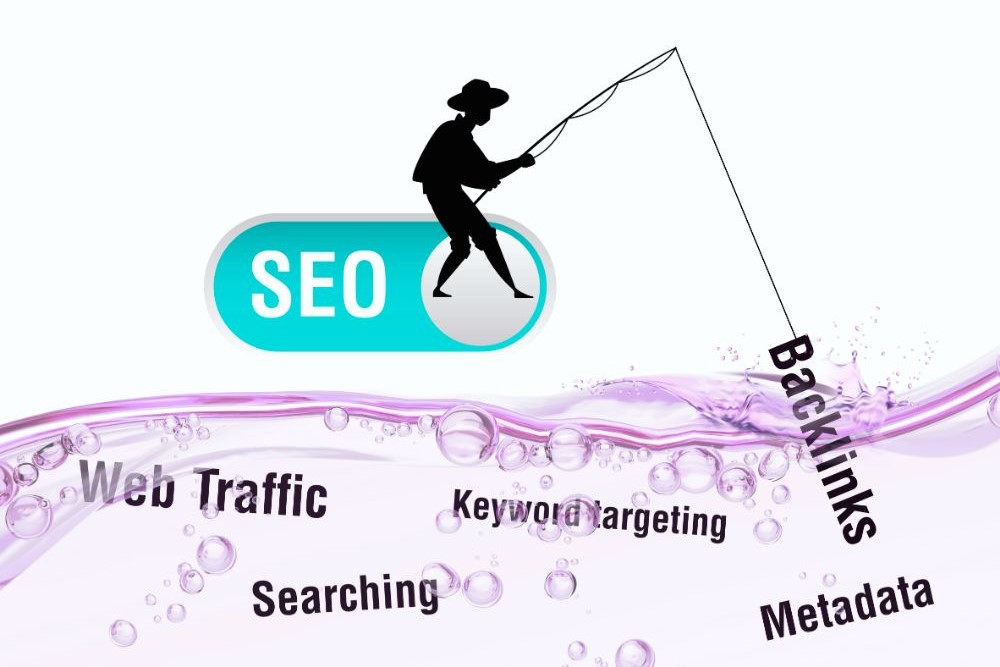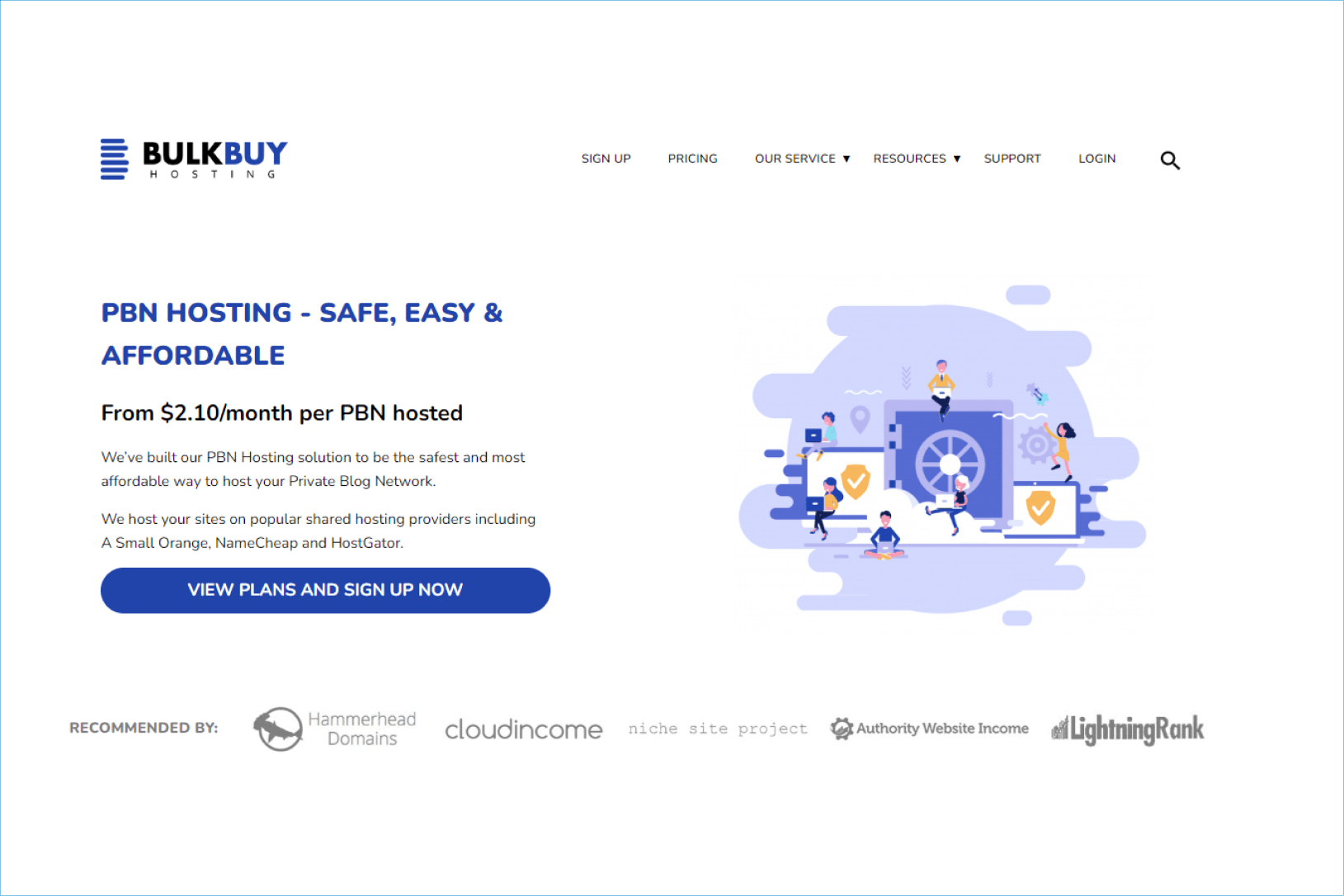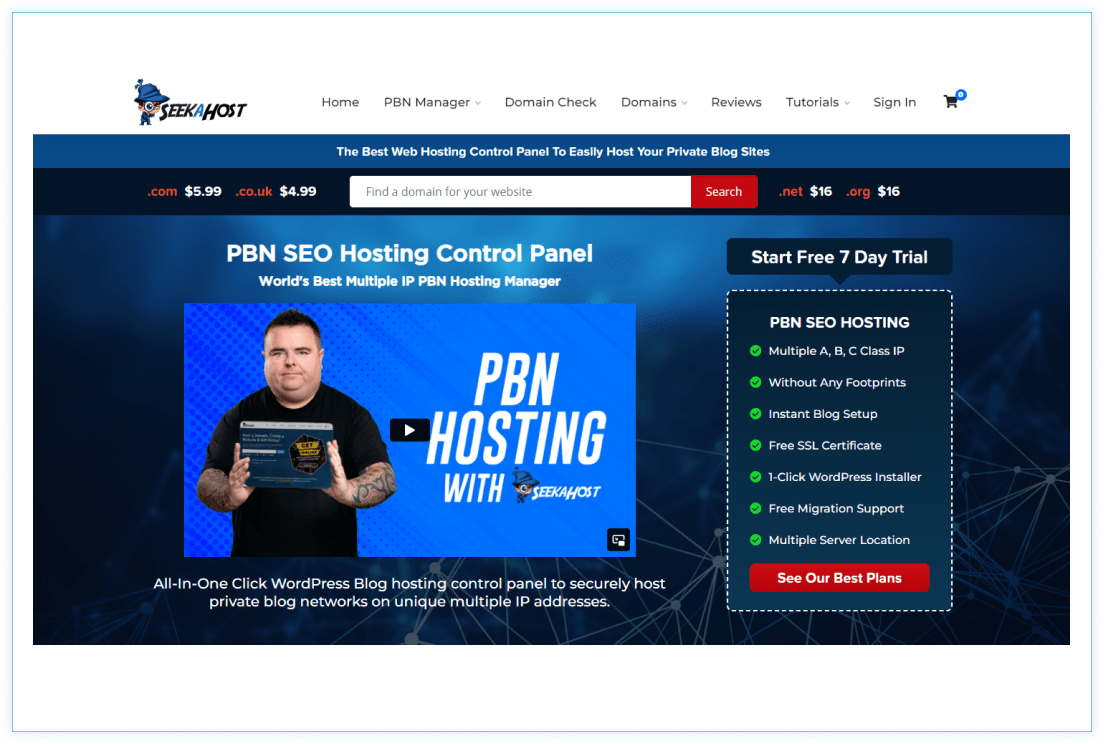
In today’s digital age, visibility is everything. Whether you’re a business owner, a marketer, or just someone curious about how the internet works, understanding Search Engine Results Pages (SERPs) is essential. These pages are where all the action happens – where websites compete for attention and where users find what they’re looking for.
So, what exactly is a SERP, and why does it matter? Let’s dive into the basics.
Key Takeaways
- A SERP, or Search Engine Results Page, is the page you see after entering a search query into a search engine like Google.
- If a website appears high on a SERP, it’s more likely to be clicked on, leading to increased traffic and visibility.
- SERPs include various features designed to enhance user experience and provide quick answers.
- Search engines personalize SERPs based on factors like the user’s location, search history, and device.
- Mastering SERPs is essential for any digital marketing strategy, as it directly influences a website’s visibility, credibility, and user engagement.
What is a SERP, and How Does it Work?
A SERP, or Search Engine Results Page, is the page displayed by a search engine in response to a user’s query. When someone types a question, phrase, or keyword into a search engine, the engine uses complex algorithms to scour the web for relevant content. The results are then displayed on a SERP, which includes a mix of organic listings, paid advertisements, and various features that enhance the user experience. This page is dynamic and often customized based on the user’s location, search history, and other personalization factors.
SERPs are incredibly important in the digital world because they determine which content is visible to users. The higher a website appears on a SERP, the more likely it is to attract clicks and traffic. Understanding how SERPs work is essential for anyone looking to improve their online presence, as it directly impacts visibility, traffic, and ultimately, success in the digital marketplace.
Components of a SERP:
A typical SERP includes several key components:
- URLs: These are the web addresses of the listed results.
- Titles: The clickable headline of each result.
- Meta Descriptions: A brief snippet of text that provides an overview of the content.
- Rich Snippets: Enhanced descriptions that might include ratings, prices, or images.
Each of these elements helps users determine which link best matches their search intent.
Types of Results on a SERP
Organic Results
Organic search results are the listings that appear naturally on a SERP due to their relevance to the search query. These results are not paid for and are ranked based on the search engine’s algorithm. Achieving high organic rankings is the goal of Search Engine Optimization (SEO), which involves optimizing website content and structure to improve visibility and relevance. Learn about SEO in our article What is SEO: All You Need to Know.
Paid Results
Paid search results, often labeled as “Ads,” are sponsored listings that appear at the top or bottom of a SERP. Businesses use Pay-Per-Click (PPC) advertising to bid on keywords, ensuring their ads appear when users search for those terms. While paid results can provide immediate visibility, they require a strategic approach to ensure a good return on investment.
SERP Features
Modern SERPs are more than just lists of links. They include various features designed to enhance user experience and provide quick answers. Common SERP features include:
- Featured Snippets: Short, informative excerpts that answer a query directly.
- Knowledge Panels: Information boxes that provide a snapshot of a topic.
- People Also Ask: A list of related questions that users frequently search for.
SERP features can drive significant traffic to a website, even more than traditional organic results. For instance, being featured in a snippet or knowledge panel can position your content as an authoritative answer, increasing visibility and credibility.
Factors Influencing SERP Rankings
Search engine optimization (SEO)
Search engine optimization (SEO) involves optimizing a website to improve its visibility in search engine results pages (SERPs) without paying for placement. Various aspects of SEO, such as keyword usage, content quality, backlinks, and user experience, play crucial roles in determining how a webpage ranks on a SERP.
Keywords and Content Relevance
Keywords remain a cornerstone of SEO. Search engines analyze the presence and placement of keywords within content to assess its relevance to a query. However, keyword stuffing is discouraged; instead, content should be informative, engaging, and naturally incorporate relevant keywords.
User Experience and Technical SEO
Technical aspects of a website, such as page speed, mobile-friendliness, and site security, are crucial for SERP rankings. A positive user experience, characterized by fast loading times and easy navigation, can boost a site’s visibility. More about Technical SEO read here: https://quirk.biz/what-is-technical-seo-and-why-it-matters/
Backlinks and Authority
Backlinks, or links from other reputable websites, serve as endorsements of a site’s credibility. Search engines view these links as votes of confidence, which can enhance a site’s authority and improve its ranking.
Personalization Factors
Search engines personalize SERPs based on factors like the user’s location, search history, and device. This means that two users searching for the same query may see different results. Understanding these personalization factors can help businesses tailor their SEO strategies for different audiences.
Importance of SERPs in Digital Marketing
The importance of search engine results pages (SERPs) in digital marketing cannot be overstated. SERPs are crucial for enhancing a business’s online visibility and achieving marketing goals. Here are some key reasons why SERPs are vital in digital marketing:
- Increased Visibility and Traffic: Appearing at the top of SERPs significantly boosts a website’s visibility. This increased visibility leads to higher site traffic, as users are more likely to click on links that appear on the first page of search results. High traffic levels are essential for generating leads and conversions.
- Credibility and Authority: Ranking high on SERPs enhances a website’s credibility. Users tend to trust websites that appear at the top of search results, associating them with authority and reliability. This trust can lead to increased user engagement and loyalty.
- Enhanced User Engagement: SERPs offer multiple features such as featured snippets, knowledge panels, and “People Also Ask” sections that provide users with quick answers and relevant information. These features can increase user engagement by providing more contact points and encouraging users to explore the website further.
- Impact on SEO and ROI: A strong presence on SERPs is a critical component of search engine optimization (SEO). Effective SEO strategies that improve SERP rankings can lead to higher returns on investment by driving organic traffic without the cost of paid advertising.
- Adaptation to User Intent and Behavior: SERPs provide insights into user intent and behavior, allowing businesses to tailor their content and marketing strategies accordingly. Understanding what users are searching for and how they phrase their queries helps in creating relevant and engaging content that meets user needs.
Conclusion
Understanding and leveraging SERPs is crucial for success in the digital world. As search engines continue to evolve, staying informed about SERP features, ranking factors, and trends will be key to maintaining a competitive edge.
Whether through organic SEO efforts or paid advertising, mastering the basics of SERPs is essential for driving traffic, enhancing visibility, and achieving your digital marketing goals. The future of SERPs will undoubtedly bring new challenges and opportunities, making it more important than ever to stay ahead of the curve.















































































